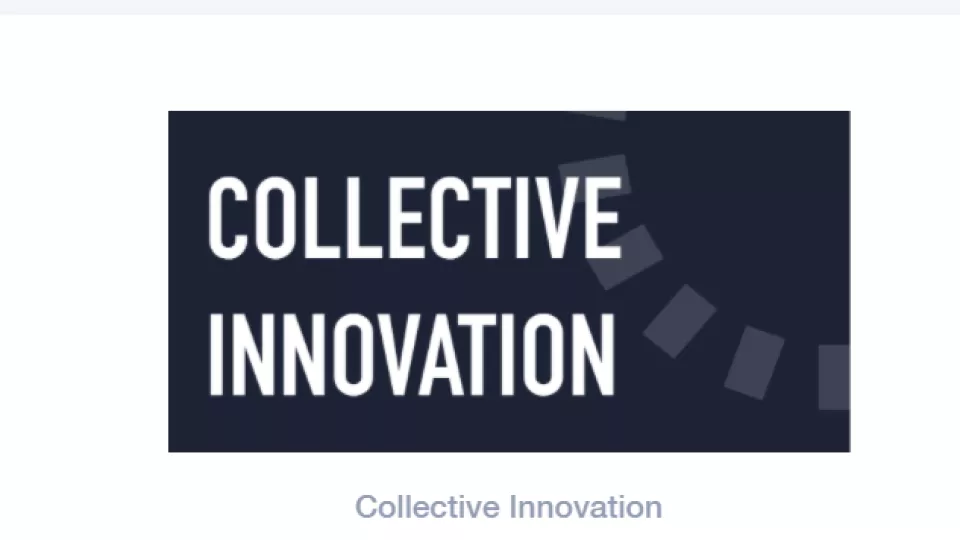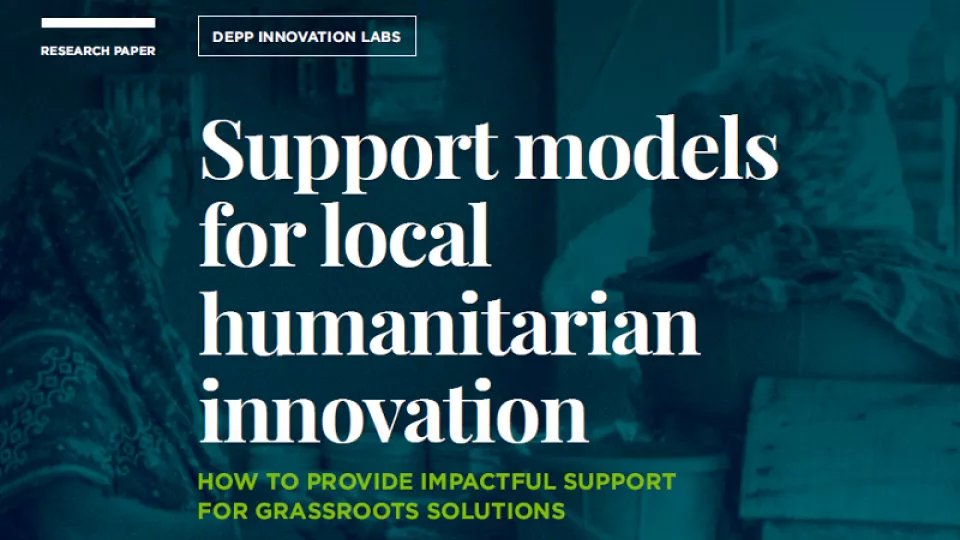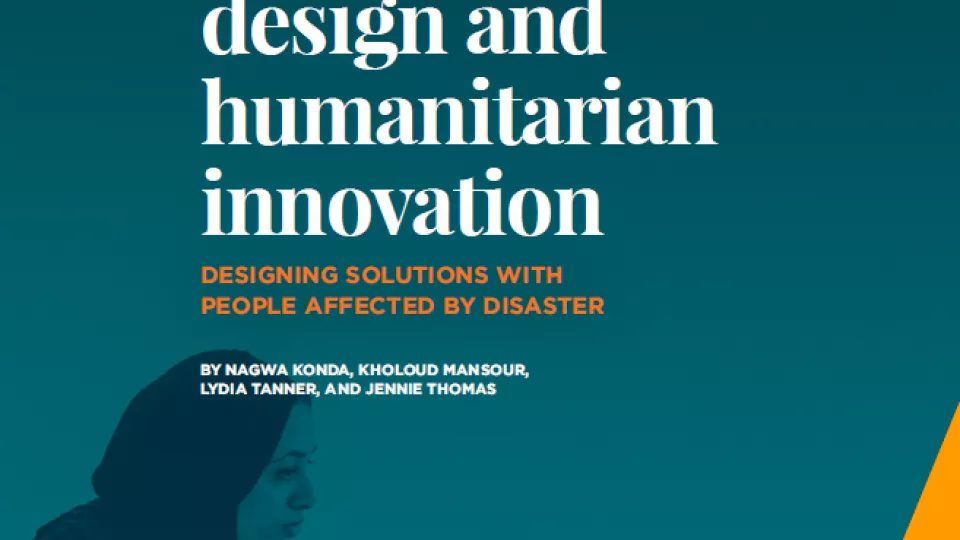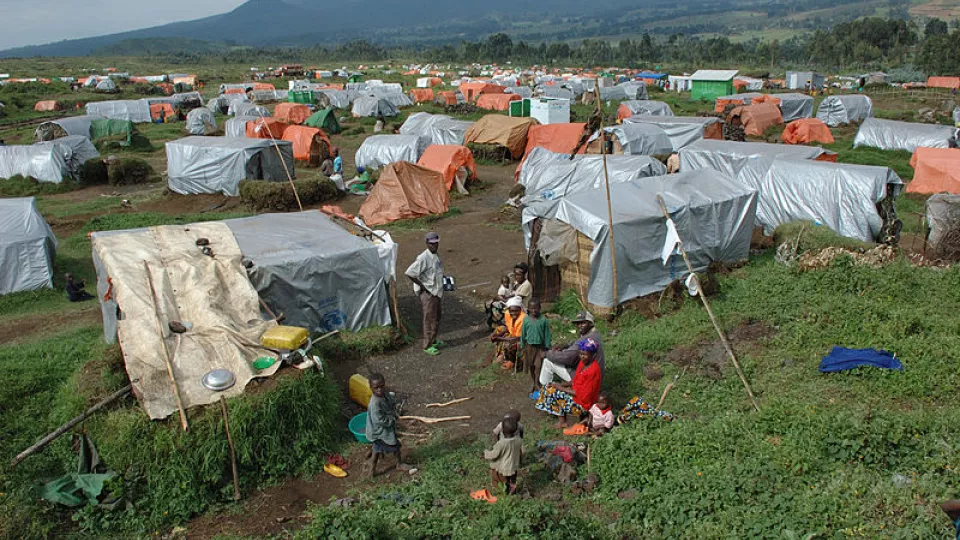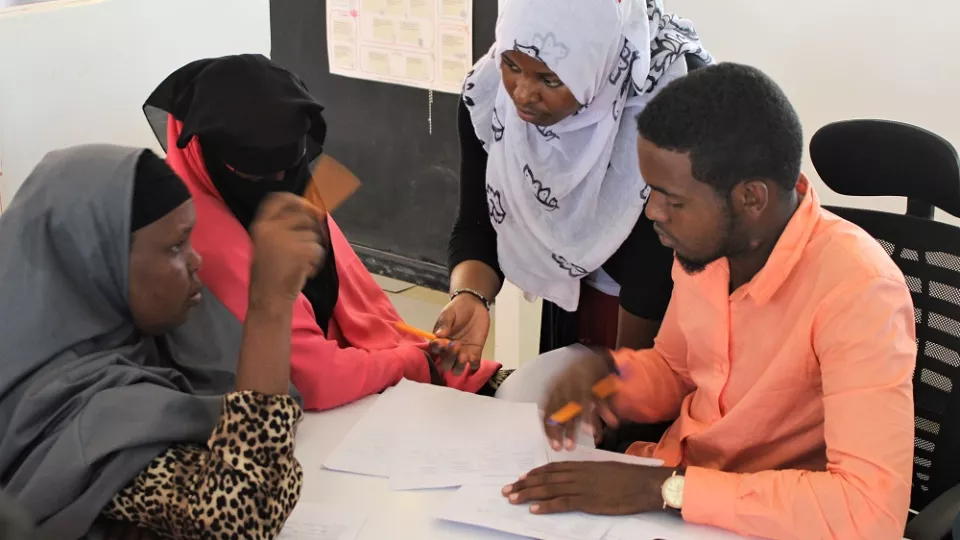Working Differently Challenge: What true partnership looks like
As the pandemic and its economic impact started to bite, A Single Drop for Safe Water (ASDSW) in the Philippines reflected on how humanitarian assistance should change in the face of this extended crisis. Working with social enterprises like Ashoka, Xchange, Firetree Trust, and Limitless Lab, we developed a programme that looked at and improved the systems in place for emergency response, and worked to strengthen these systems to better serve impacted communities.

